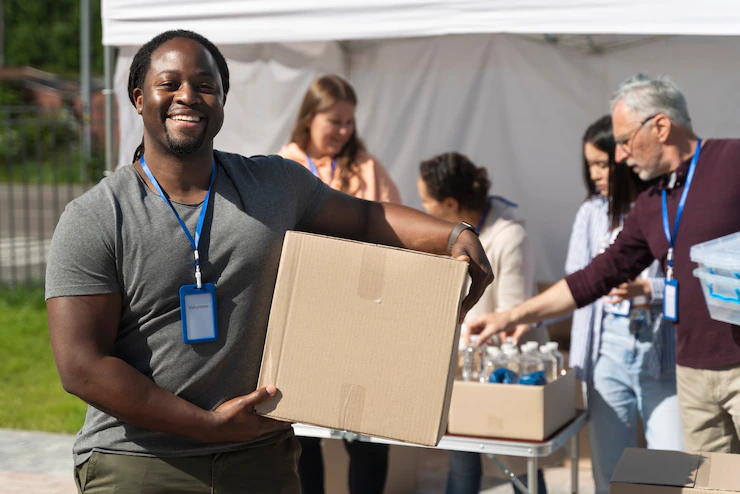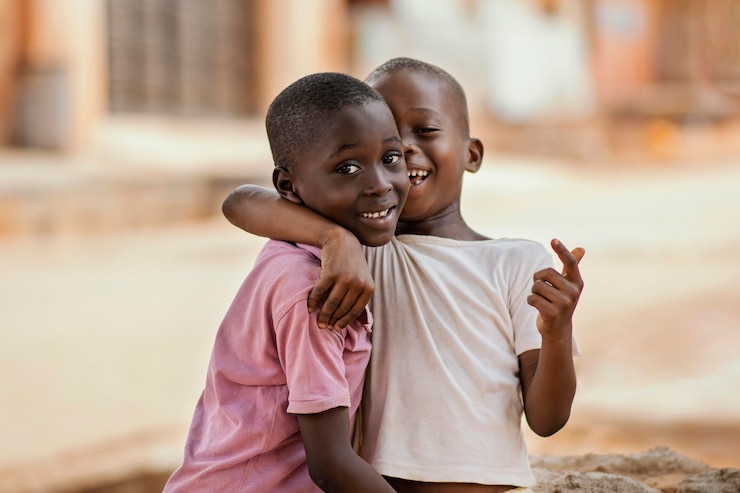Solid and concrete walls of insecurity have been built and still house many civil society establishments in Uganda, more explicitly the same old donor money recipients. Partly these insecurity walls are watered and nurtured by the constant recruitment of elite careerists into big and established civil society organisations, who control, manage policy and execute daily activities.
My concern here isn’t about the way these “big organisations” are internally structured or staffed, however, it’s more about the inequities that have for thus long ravaged the space within which marginalisation is vigorously impermissible.
I call it inequality for reasons all folks as players and actors within the Ugandan voluntary sector know. The scale of inequality within the Ugandan civil society space ranges from targeted restrictions by the state meant to invalidate specific civil society organisations to unjust systems of privilege through which donor money is accessed and circulated.

Technically the biggest and wealthiest donors are those with the most stringent guidelines which require huge and bulky documentation for registration at the national NGO bureau, followed by intricated internal mechanisms requested still by the donor agency and consistent demand that all documents be submitted in the English language all of which seem to undermine authentic ownership of development projects.
Such an arrangement as the one described above sanctions the emergency of an elite class into what could have been a very diverse and inclusive space leaving out the very heartbeat of the development project who are; the less powerful and educated ie; the poor, women, youth and persons with disabilities. It is against the same background that the usual suspects (established NGOs & CSOs) feel obliged to establish strategies and policies that ingrain them with the systems and structures of the development and AID industry particularly in Uganda and Africa in general.
It comes with no surprise that the largest recipients of external resources (Money) are literally International Non-Governmental Organisations whose names I withhold, after which these resources are distributed to their clients – the same old suspects ( established local CSOs & NGOs). A few questions arise from the above analysis, who is responsible for local actions and grassroots ownership?
Local Actions & Grassroots Ownership
Insecurity within the big established civil society organisations (usual suspects) is a result of low development outcomes at the grassroots in relation to the number of years these already established organisations have received donor money.

Expecting positive change and improved livelihoods and services within communities, donors have over the years given privilege and priority to the large and established CSOs, because of trivial colonial ideologies, up until now the usual suspects have fallen short of any strong success and progress on a community level.
Community-level success stories are quite evident within marginalized communities most of which didn’t happen as a result of English-written proposals or grants from international donors but from local women or youth who decided to associate and create the change, they wished to see.
An example is the Women Nigiina groups that became popular in the early 2000s in poor urban neighbourhoods around Kampala- such grassroots initiatives of poor women have had considerable positive impacts on their lives that could even be felt after more than 10 years.
Local actions may be genuinely impactful if people facing the challenges stirred their own activities of change and development which if we could agree doesn’t require any kind of foreign language knowledge or reports written in any, other than the local language.
Both the Paris Declaration (2005) and the Accra Agenda for Action (AAA) were progressive in laying the foundation for ownership, implementation and progress to advance the needs of developing countries in regard to development and Aid. Following the policies and strategies laid down by the Uganda government to reduce poverty and suffering, civil society organisations were left with a very important role in order to realize the national development targets, donors agreed to fund CSO activities that supported the national policy and strategies.
Hence ownership of development became the initiative that all well-meaning Ugandans could be a part of and partake in regardless of education background, tribe, gender, or Age.
But as I stressed earlier that Uganda’s civil society landscape is marked and riddled with an elite class which is apparently alienated from the real problems faced by the common Ugandan. Such realities constrain our development agenda and restrict the involvement of genuine local actors who feel alienated from the elites who control the resources upon the structural ladder.
Ownership could mean then that the elite class stays within its lanes and provides local activists and community builders the chance to serve their communities genuinely with access to the correct resources and support networks.
As Changemakers continue to face unprecedented obstacles in their different areas of focus, Ugandan development practitioners need now more than ever, not to imitate colonial narratives but rather to invent and innovate solutions to help communities be more resilient and eager to support each other through actions of solidarity and synergy.
Ashe!
Written by Dean Walusimbi,
Co-Founder and Head of Programmes,
